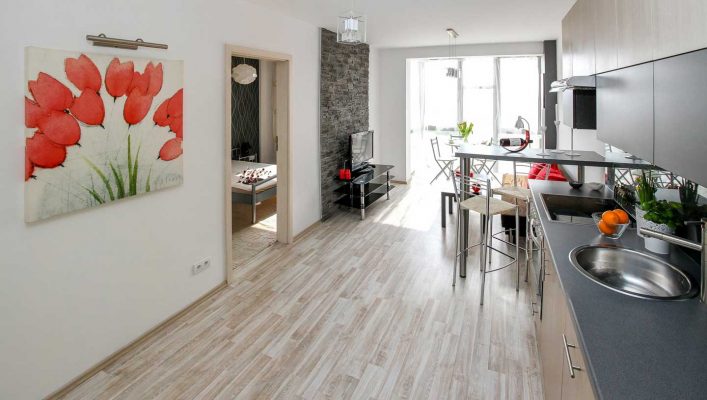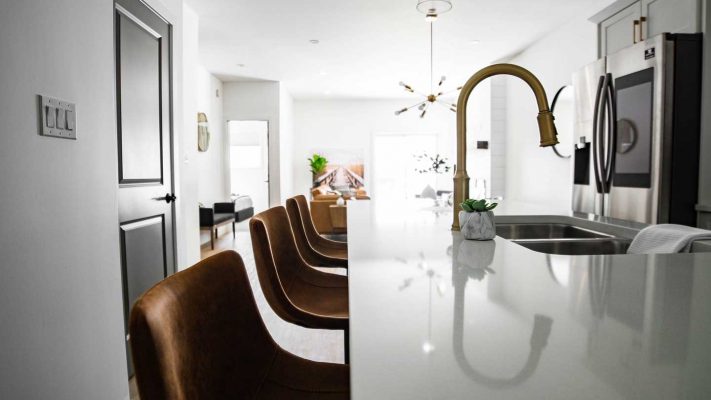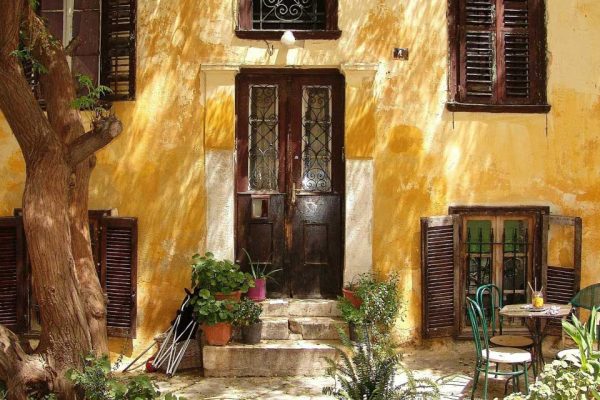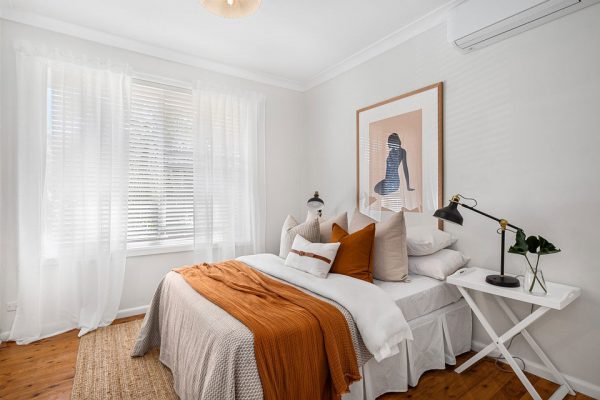


GREECE
The last few years have seen an increasing number of people leave their jobs on both a local and global level. The simple fact remains that their work was no longer emotionally fulfilling. Undoubtedly Covid-19 enhanced the trend, though it was not the exact starting point. Our ancestors’ dreams of owning a substantial property within a sybaritic neighborhood have been replaced by affordable living in urban areas, closely followed by a desire for a sense of freedom. Revolutionary technology, high living costs, cranked up property prices, remote working, and huge doses of doubt about traditional education have mashed together to shake up a century-old, consolidated lifestyle.
A sublimated lifestyle seems to be emerging, with one to two years of remote work, and relocations to appealing destinations which are less expensive compared to mega-cities, and more mentally rewarding.
The above evokes changes both within the property and travel industries, and this trend has already made an impact on the Greek market over the last few years.
Leaving the travel market aside for the moment, let’s take a closer look at Greece as a lifestyle destination that connects property investment with the hospitality industry.


1. Micro-Living
An affordable apartment in central Athens, a short distance from the metro – the ‘top priority mission’ of any capital’s real estate search, two demands paired together like 007 and James Bond. The demand expanded into the all-time classically historical areas of Athens, such as Ampelokipoi, Goudi, Kallithea, and extended to the Syggrou Avenue area.
Smaller apartments with one bedroom between 45 and 60 square meters, with the former leading the micro-living trend in Greece, and the latter having the advantage of more space in the respective categories of desirable European cities like London, Paris, and Berlin (further contrasted with the allocated sizes of Moscow, Shanghai, and Hong Kong). Entire buildings and blocks in the center of Athens have been sold and reformed to serve the affordable living trend the last few years.


Besides the small, self-contained apartments (of one bedroom or open plan design), the market has seen long term hotel rooms enhanced with high speed internet connections and competitive rates, as well as the Airbnb short-term leasing by property investors wanting to jump in the trend.
The peculiar yet charming (another common word pairing) result was that this type of property were used not only by discerning travelers, but also by remote-working professionals who wanted to spend a few months (or years) in Greece; digital nomads, foreign corporate staff, and others, who worked in Greece during a transitional phase prior to a permanent move to their ‘place in the sun’.
2. Apartment Sharing
Of course, larger apartments with 2 to 3 bedrooms did not escape the trend. I have mused over the Facebook pages selling off bedrooms in whole apartments and not the apartment itself. Who shares apartments? Primarily, it is students seeking affordable living space, avoiding soaring property prices, and foreign professionals and couples relocating to enjoy the warm climate of Greece for a couple of years.
With a larger apartment yielding a more profitable investment, lots of property owners decided to rent out the bedrooms. The practice of this in other European cities, the United States, and the Asian market is not new. But, for a city at the periphery of the continent, this certainly seemed new to Athens.


3. Honey, I Shrunk the Kitchen
A reduction in kitchen size is inevitable with micro-living, since the entire apartment space is smaller. Or is it actually inevitable? Neither yes nor no, because the kitchen represents social and cultural cues; it reflects who lives there, for how long, if the residents are local or foreign, the owner’s country of origin, not to mention the social behavior related to demographics, divorce rates, work availability, and so on.
A typical property in Greece in the 90s and early 00s had a large kitchen, full of natural light, enough space to fit a table, and a private balcony. The ‘official’ dining table was in a different room used for social gatherings and Sunday lunches. Later, kitchens were designed to smaller dimensions due to families having fewer children, a shrinking middle class, and more working parents. Until now, these micro kitchens are not fully utilitarian. There is not so much food preparation in the kitchen comparatively speaking, due to increased use of prompt food services, deliveries of ‘home-made’ food, or healthy snacking, all accessible from smart phones. Further, more properties are owned for investment reasons, or as holiday homes, and not for permanent, single family households.
We could look at the bricks and mortar projects, the styles of décor, prices, hospitality, and marketing trends. However, what we should really observe are the behaviors and social patterns.
Chosen lifestyles come from a conscious process, which start on the inside and extend outwards. The process includes the following questions:
• Where do I want to live?
• What terms will I accept to live somewhere?
• What is my relationship with my employer or with the sources of my income?
• What is my relationship with my living space in terms of my financial situation?
• What is my relationship with the environment and people who surround me?
• What is my relationship with myself?
The above changes have already led to reforms in Greece by local legislation and incentives for entrepreneurs to attract this segment of client-travelers. We now find tax breaks on property acquisitions in place (in addition to previous reductions on annual property taxation), as well as residence schemes. Hoteliers offer digital nomads long-term deals and furniture companies offer packages to furnish the apartments. Culinary experiences have been enhanced to include a variety of cuisines, including countries of origin of the travelers. Due to the overwhelming demand, high speed internet networks have been boosted and connect to wider spread areas, to reach Greek islands like Andros, Tinos, Kithnos, Mykonos, and other upcoming areas. We can see that where social behavior drives, markets follow.
With gratitude and occasionally an attitude,
Sofia
